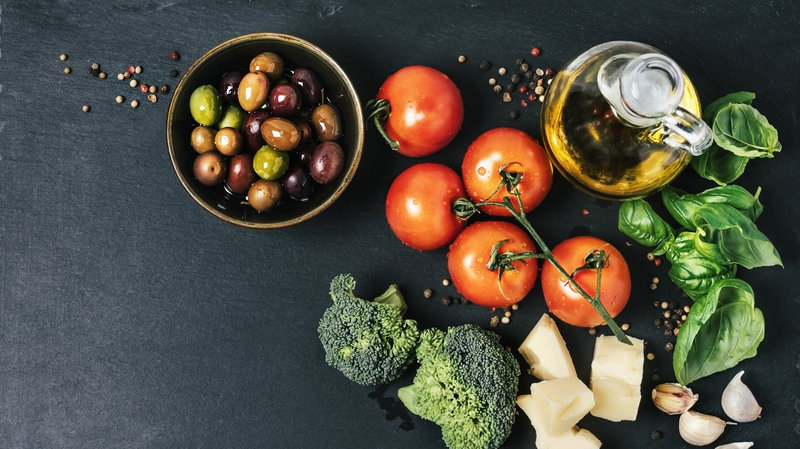
The food you eat not only affects how your body works but also affects your mind. Food generates energy that sustains you and helps you to exist. Food provides you with essential minerals, vitamins, and nutrients that build your immune system, and water, fat, and protein that fuels your body and your mind. It is not, however, just this simple. Our relationship with food is complex.
People eat for different reasons; some eat for fuel, where others might eat for comfort or pleasure (think of that chocolate craving when you feel sad). Some people view food as medicine and eat to heal their bodies and minds. Others restrict their eating to gain a feeling of control or even punish themselves. Food takes on a different meaning for everyone. Some people use food for a bit of everything mentioned above. Food has power and you get to use this power. How you use that power will not only affect your mood but also your level of happiness and your long-term health.
“The food you eat can either be the safest and most powerful form of medicine, or the slowest form of poisen.” – Ann Wigmore
It can be really difficult to know what to eat, what to avoid when to eat, and even how to eat. We get bombarded with eating trends, a ‘new miracle diet’ or supplement, and it can feel overwhelming to sift through the information to find the best way to look after your body and your mind.
According to the Florey Institute of Neuroscience and Mental Health, the significant changes in our food system that came about due to industrialization and globalization have an impact on our mental health. For example, the way food is grown and made has changed and evolved significantly from a couple of decades ago, bringing new advantages and challenges and ever-greater diversity and complexity.
Another example of this is that as an expat, I get to enjoy the best quality pears, grapes, avocadoes, and oranges from South Africa that locals from South Africa don’t have the privilege to enjoy, as the best of these products are exported worldwide. Being a South African living in the Netherlands, I now get to enjoy my country’s best produce from afar. Our food does not come from our neighboring farms anymore – it can come from any place in the world.
Florey has conducted multiple scientific research studies and found that across countries, cultures, and across age groups, the quality of people’s diets is clearly linked to their risk of developing depression. So what you eat does affect your mood!
What, then, is a poor diet? According to Florey, a poor diet consists of a low intake of fruits, vegetables, whole grains, nuts, seeds, fiber, omega-3 fatty acids, and polyunsaturated fatty acids. A poor diet consists of a high intake of red meat, processed meat, added sugars, sugar-sweetened beverages, trans fat, and sodium.
The Mediterranean diet (or eating pattern) has all the good elements of what constitutes a healthy diet and includes fruit, vegetables, grains, fish, nuts, olive oil, and healthy fats. Exercise and being social is also considered part of the Mediterranean diet. So give it a try!
written by Derika de Villiers, Clinical Psychologist.
